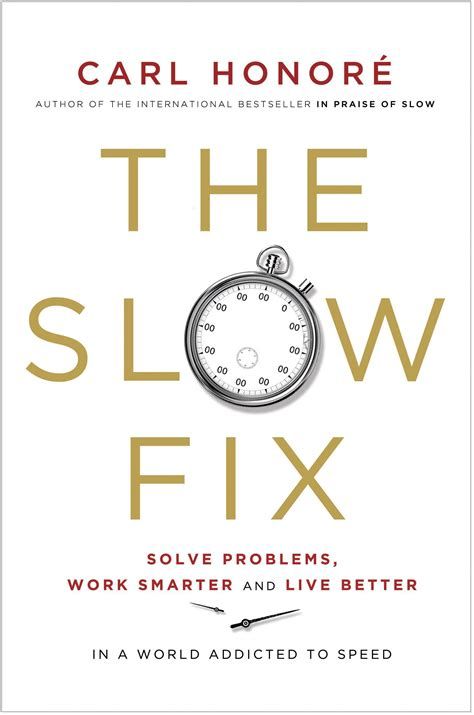Securing Real Estate Transactions: The Evolution and Effectiveness of Escrow Services
Phillips J. Diaz-Vicioso, LL.M.
June 7, 2021
The Money Changer And His Wife (1539), Marinus van Reymerswale.

The escrow service, an essential tool for ensuring secure transactions, has evolved into a crucial component in both the real estate market and other sectors. Its origins, while somewhat nebulous in history, solidified in the United States in the early 20th century, particularly within the real estate realm, to protect all parties involved in a transaction.
The escrow agent emerges as a neutral guarantor holding funds or documents until all agreed-upon conditions are met, thus minimizing the risk of fraud and post-sale disputes.
In countries like the Dominican Republic, Panama, Colombia, and El Salvador, the escrow service could represent a significant solution against real estate scams, offering security and trust to buyers and sellers. PECUNIAM LEX SAS is an example of how specialized entities provide these services, ensuring that funds are handled transparently and securely until the transaction is satisfactorily completed.
“Escrow retains assets or funds until certain conditions are met,
without needing to transfer asset ownership”
The effectiveness of escrow as a protective mechanism is widely acknowledged, though it's challenging to quantify in terms of a specific effectiveness rate due to its application across diverse contexts. Nevertheless, its widespread adoption in the real estate sector and beyond reflects its value in reducing risks associated with financial transactions and property transfer.
The difference between escrow and a trust lies in their structure and purpose: while a trust involves transferring property ownership to a third party for management on behalf of another, escrow retains assets or funds until certain conditions are met, without needing to transfer asset ownership. This flexibility makes escrow a preferred option for managing partial payments in real estate transactions, offering a solution adaptable to the needs of the parties involved.
The history of escrow service in the United States, its application in the international arena to counter real estate scams, and its comparison with similar structures like trusts, demonstrate its importance and efficacy in the modern world of financial and commercial transactions.
The trust and security that escrow offers to all parties involved in any transaction mean its use will continue to be a standard practice in risk management and investment protection in the foreseeable future.












